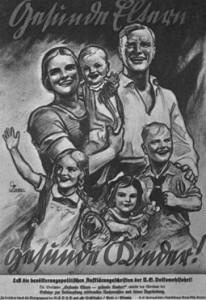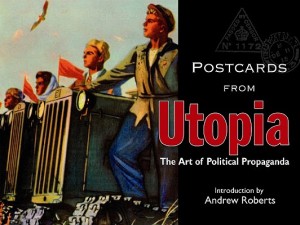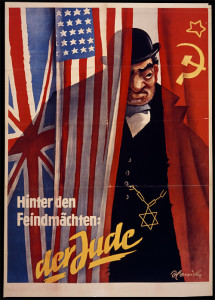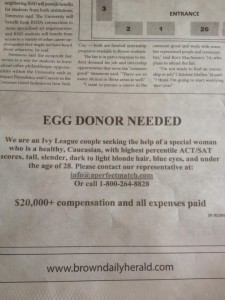Though I have already posted my two required entries, and though I very much doubt that anyone will see this one, considering exams are for the most part complete, I feel compelled to share what I have learned thus far, and only begun to discover, over the past year at the College.
I enjoyed every aspect of this course a great deal, however, I suppose to Dr. Curtis’s chagrin, as I conclude this semester, I have discovered within myself the belief that the system of a utopia is problematic and bad, and furthermore, that I am opposed to it. I am not disagreeing with the assumed utopian notions of universal happiness, peace, equality, or community, however, the way I see it, the foundational construction of utopia is antagonistic to the aforementioned values. I do believe in a better future for our world and I do believe that we can achieve greatness as human beings, but I do not believe the utopian way is the means to this end.
I have reached my conclusion on utopia through a plethora of considerations, but in the interest of space I shall be brief. First, I should like to point out that I do not believe there is no room for utopia in making the world a better place, I just do not believe that it should be taken with much more than a grain of salt. I think that Ursula K. Le Guin’s short story, The Ones Who Walk Away From Omelas perfectly illustrates one of my main issues with the concept of utopia as a model for social change. The inherent reality and weakness of utopia is that ,no matter how seemingly perfect it appears, it will ultimately be another person’s dystopia, therefore contradicting itself. The strong subjectivity of utopia is obviously to blame for this dilemma, which is why I believe utopias are only useful if they exist in an individual society, in which people can dream up their own.
However, putting the above aside, I should like to make clear, that my chief opposition to utopia comes from the simple reality of every utopia we have read, studied, and every utopia attempted in reality; they only work under communitarian values antagonistic to individuality. I am of the mindset that a person’s individuality should never be subordinate to the state. I suppose here I am making a utilitarian argument in the sense that I believe a majority population of happy people is favorable to an entire population of neutral people.
Quite obviously, the free system in place in the United States for instance is far from perfect, and in fact terrible at times on many levels, however, it is the freedom which people are afforded to think their own thoughts and pursue their own dreams that allows us to move forward in the social arena so that we might someday break through the threshold of peace and leave conflict in history books. Furthermore, I believe that the very essence of life, is entirely connected to our right to individuality. Consider this, in Plato’s, Thomas More’s, and Karl Marx’s utopian visions, there would not be any space to dream up and present their ideas in the societies they suggest–to quite varying degrees obviously. Yet, nonetheless, the fact remains that it is the free will of the individual which allows us to imagine and construct utopias–to be used perhaps as think tanks or sign markers along the road to peace in the world.
To borrow a concept from Aristotle, the sum of the body politic of the individualistic society is infinitely stronger than the parts which comprise it, whereas Plato’s body politic consists of particular regions of said body whose sum is greater than other parts, as opposed to an egalitarian strong front.
To conclude my rant I would just like to outline the way I think regarding the betterment of society, improvement by utopian examples and the like. In contradicting myself, I would like to share a concept introduced to me during the fall semester which changed my entire world view and self-consciousness; to which I subscribe to entirely and believe to be an unsurpassed guidepost in life. In his Republic, Plato outlines and explains a concept of duty, to which every person is inextricably bound, and that duty matters, whether it be herding sheep or leading a city. It is with this concept interjected into our potentially great society that I believe we can truly move forward. If bound by a sense of duty, not to the state but to ones self and to those whom one shares their realm with, we can begin to work toward a more cooperative individual existence. It is only a start, but I believe if bound by a sense of duty to our individual talents and loves while working for the greater good, we can progress.
I know my place and I know my part. I am one of a minority of lucky individuals to have been born into a privileged life that has given me countless amounts of individual happiness and joys. However, such fortune comes with great responsibility, as whether I care to live or hope to die, I, by the circumstances of the accident of my own birth, am bound to a duty to work towards the public good and to assist those not as fortunate as me, so that they or their next of kin might be so lucky as I. Communism preaches allegiance to the state, and most utopias ring eerily similar to te provisions of Marx’s Communist Manifesto. We must be bound to our individual duties to each other and ourselves.





